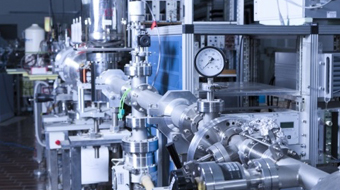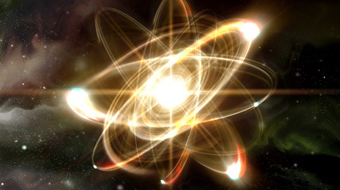Education
Nuclear Engineering
Graduate Major5 Features
Using nuclear energy and
radiation effectively to contribute
to society
-
1
Various Educational Programs That Foster World Leaders

Students of the Graduate Major in Nuclear Engineering can participate in various educational programs such as the Programs for Leading Graduate Schools, Academy for Global Nuclear Safety and Security Agent (U-ATOM), Programs for Leading Graduate Schools, Academy for Co-creative Education of Environment and Energy Science (ACEEES), Department Exchange Programs (EUJEP2), and the Advanced Research and Education Program for Nuclear Decommissioning (ARED). In addition to specialized knowledge of nuclear engineering fields, students can also gain practical experience and broad vision through these programs.
-
2
Multi-Lab Training That
Expands Vision
Students who enter the Nuclear Engineering Master's Program participate in seminars and research activities at multiple laboratories for a certain period (multi-lab training ), acquiring broad vision and knowledge in addition to specialized expertise.
-
3
Overseas Study Programs for Developing an
International Perspective
Students in the Graduate Major in Nuclear Engineering can acquire an international perspective through overseas activities such as internships at international organizations such as the International Atomic Energy Agency (IAEA), and research activities during short-term study at overseas universities.
-
4
A Solid and Fulfilling
Career Paths
Career Paths open to students who complete the Graduate Major in Nuclear Engineering include companies, administrative agencies, national laboratories, etc., related to the energy infrastructure that supports society. Graduates can fully utilize the knowledge and skills acquired in their studies. Past students of the Doctoral Program have gone on to jobs where they are able to apply their abilities with great success.
-
5
Laboratories That Support
Productive Educational Activities
The Graduate Major in Nuclear Engineering is managed in close relation with the Laboratory for Advanced Nuclear Energy (LANE) who carry out cutting-edge research in nuclear power. The latest knowledge from LANE is reflected in the curriculum, and master's research and doctoral research can be conducted according to themes closely related to the research activities at this laboratory.
